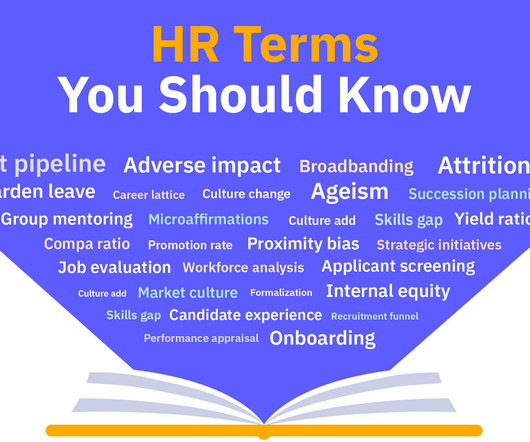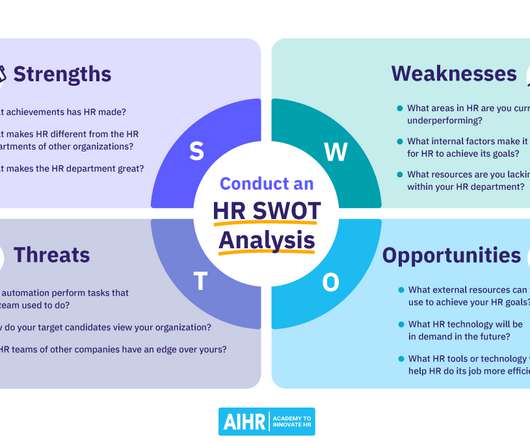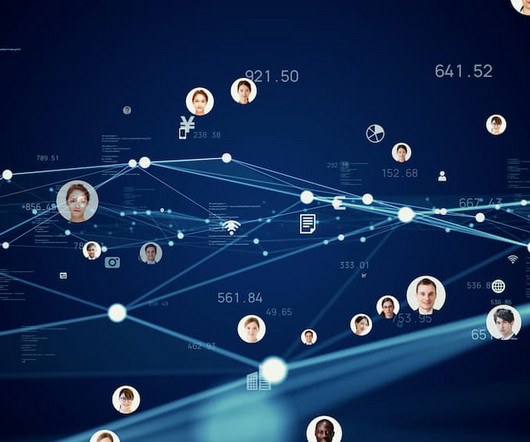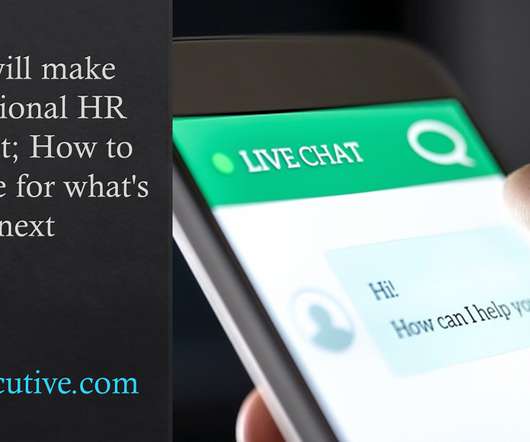How To Craft a Strategic Hiring Plan in 2025
AIHR
DECEMBER 2, 2024
A well-executed hiring plan can be the difference between a company that reaches its strategic business goals and one that is outperformed by its rivals. Hiring was – and still is – the most important thing we do.” Contents What is a hiring plan? Just ask Marc Benioff , co-founder and CEO of tech giant Salesforce.























































Let's personalize your content